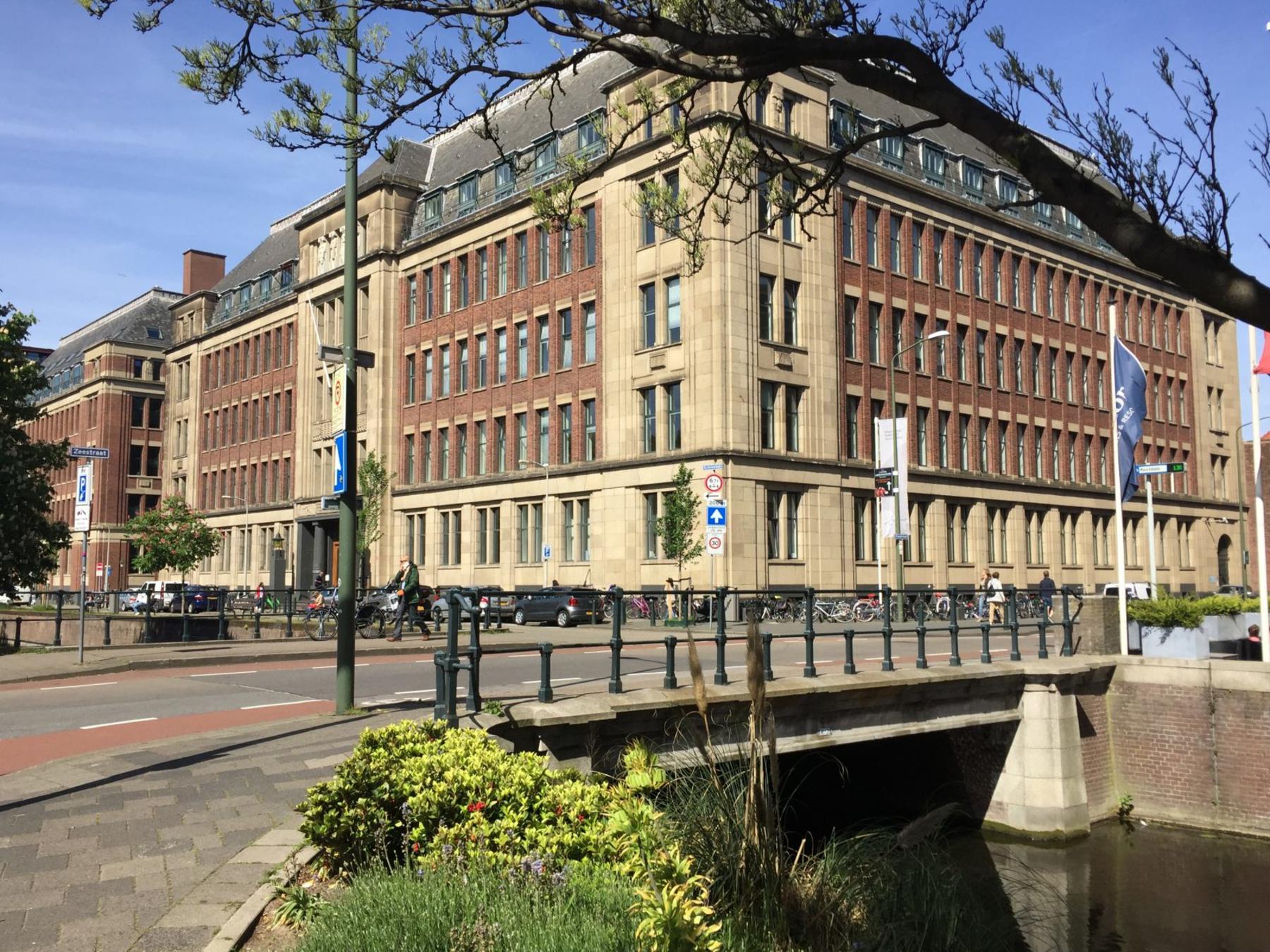Director EFSAS speaking at International Peace Science Conference hosted by the Erasmus University of Rotterdam
24-06-2019, the Hague
Between 24 and 26 June the International Institute of Social Studies (ISS) of the Erasmus University of Rotterdam hosted the 19th Jan Tinbergen European Peace Science Conference, also known as the Network of European Peace Science (NEPS) conference. The Conference witnessed the presentations of nearly hundred researchers from a variety of disciplines including conflict studies, political science, terrorism, economic development, peacekeeping operations and the governance of post-conflict societies.
Mr. Junaid Qureshi, Director of the European Foundation for South Asian Studies (EFSAS), was invited as a special guest during a Session involving representatives of civil society organisations in order to share his expertise and opinion. Mr. Qureshi provided an invaluable insight on how Think-Tanks and civil society groups act as facilitators between the realms of academic work and policy-making. He explained how NGOs obtain the unique position of mediators and facilitators, helping to breach the gap between scholars and decision-making bodies, through fostering open dialogue and providing platforms for the dissemination of academic research, which ultimately could positively influence policies at the regional, national and international level.


Mr. Junaid Qureshi (EFSAS) speaking at International Peace Science Conference hosted by the Erasmus University of Rotterdam.
Mr. Qureshi gave an example with the work of EFSAS, highlighting how the organisation is striving to bring to the fore the ongoing issues related to armed conflict and development in the region of South Asia, to the European and international power corridors, explaining the sensitivities to the Western public, which has often neglected them, dwelling any opportunity for peaceful resolution. Global superpowers such as China have succeeded in taking over the discussion of human rights through its economic investments, silencing public resentment; hence, civil society organisations bear the brunt of raising awareness about the violations perpetrated by state and non-state actors, while also providing voice to academicians, who could defend those claims through objective, unbiased and authentic research.
The panel discussion was followed by a vibrant Q&A session, during which the audience and speakers engaged in a debate on issues pertaining to South Asia, the relevance of academic research in political agendas and how such endeavours could be achieved.


